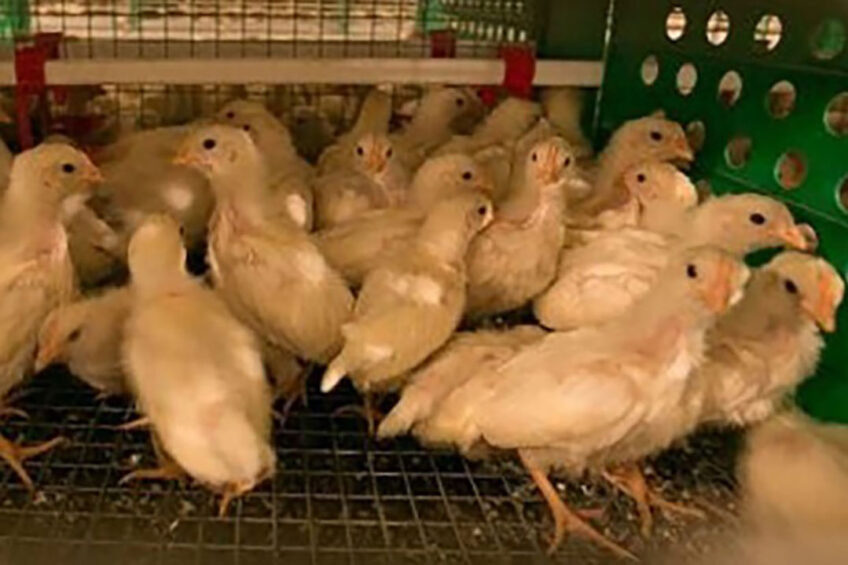Russia gives Smena 9 chicken crossbreed another shot

New tests of the Russian Smena 9 crossbreed have been launched by 5 poultry farms, hoping to confirm its presumably high production potential, Sergey Lakhtyukhov, general director of the Russian national union of poultry producers, disclosed, speaking during the AGROS-2023 industry conference in Moscow.
New trials have been launched by leading Russian poultry producers, Lakhtyukhov said, expressing confidence that they could show “the real figures and performance of this crossbreed”. The Russian poultry industry generally expects Smena 9 to be superior on 70 production indicators compared with the most popular imported crossbreeds, and almost twice as cheap.
A failed attempt
The result of the previous trials of Smena 9 appeared to be discouraging, though the exact figures have never been disclosed.
Lakhtyukhov explained that those trials were carried out in “inappropriate conditions”. In particular, he said that last time, Smena 9 chicks were placed in old poultry houses with poor animal welfare conditions and elevated veterinary risks.
In addition, during the previous trial, farmers had no opportunity to use feed specially designed for this crossbreed, Lakhtyukhov said. Russian scientists working on Smena 9 promised to make all necessary amendments for the new trials.
No time to waste
Although the trials are yet to be finished, the Russian government last year greenlighted the construction of a breeding centre for 5 billion roubles (US$80 million) to focus on Smena 9 in Moscow Oblast. Alexander Sergeev, president of the Russian Academy of Sciences, said that this venture was one of the most striking examples of the Russian “anti-sanctions actions”.
Moreover, Sergeev, speaking in August 2022, said that all poultry houses of the new breeding centre were expected to be finished by the end of the year, and equipment installation to begin in early 2023. He described the construction pace as frantic.
Hatching eggs imports drop
In 2022, the Russian poultry industry imported 400 million hatching eggs, 34% less than during the previous year, Lakhtyukhov said. The top 25 Russian poultry companies are self-sufficient in hatching eggs. There is no problem with hatching eggs supply to Russia, despite temporary production disruptions seen in 2022 due to avian influenza outbreaks in Europe. In December, there was even a 15 million surplus, which forced some companies to destroy hatching eggs. Russia currently imports hatching eggs from Slovakia, Hungary and Turkey, he added.
This year, Russia is expected to further substitute imports in this segment, Lakhtyukhov said, not specifying whether Smena 9 will play any role in this trend.












